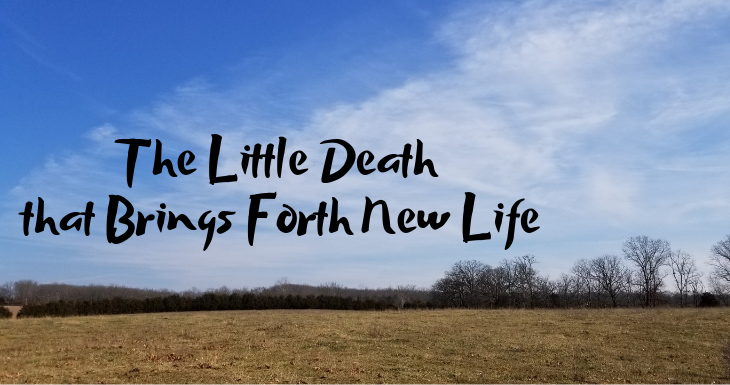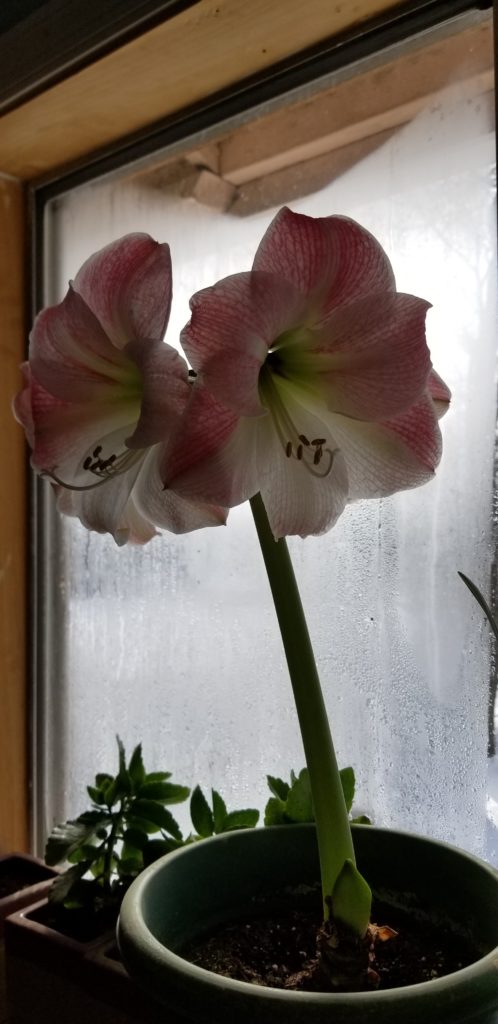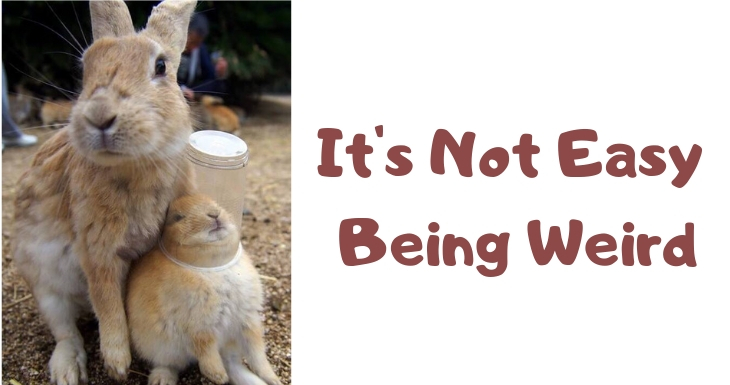
I think everybody’s weird. We should all celebrate our individuality and not be ashamed or embarrassed of it.
Johnny Depp
I was talking to someone the other day that I don’t particularly like. I don’t particularly dislike them either which means they must be a co-worker or someone in the grocery store or the receptionist at the doctor’s office who never smiles. Yes, I am being intentionally vague in order to protect the “innocent”.
I was whispering so as not to trouble passersby with our conversation, but also because we were discussing something unseemly. Suddenly the person I was talking to shushed me.
I said, “I’m already whispering.”
She said, “Yes, but you are a loud whisperer.”
But the problem was, I was so full of beans that even though I lowered the volume of my whisper, the beans insisted on coming out of my hands and arms and eyebrows. As I gesticulated wildly my conversant squinted at me as if to indicate how inappropriate I was. I walked away feeling foolish. Why is it I can’t behave like normal girls? This is a question my mother has been asking since grade school and I finally know the answer. I came from her body! It’s her fault! (but hey, at least I don’t whistle in the grocery story!)
Still, it is difficult being weird. If I’m not crushing societal norms with my loud whispering, I’m blurting out things that shouldn’t be said at all. One of my New Year’s resolutions for 2019 is to be more intentional with my tongue. I want to keep confidences, be kind, and not scream at my children. But every time my 10 year old son gets into the shower he obliterates the last item on that list. No matter how many times I tell him he’s going to start paying the water bill, he doesn’t respond unless I holler like a barred owl during mating season.
And while it might seem easy to be kind to strangers, there’s always some speed demon who has to cut in front of me in traffic only to stop and make a right turn so abruptly I almost crash into him. This makes me realize that I may not be a nice person even though I play one on TV.
My insecurities are only heightened by friends and relations who don’t respond to phone calls or text messages. Are they angry or busy? Are they both? Should I continue to text and leave voicemails or are they purposely avoiding me? At what point does my pursuance constitute stalking? Should I begin pranking them by calling from strange numbers? Or should I just start telling people I won the lottery. I bet everyone would answer the phone when I called then.
More difficult is that I have recently been tasked with keeping a very important secret. Yet everywhere I go I keep telling people the secret. I will be in the process of talking like a normal girl and then it just slips out. So I end up telling the person I’m talking to that they are they only one I’ve told and if they tell anyone I will know it was them which means I will have to kill them. Which is why I’m having nightmares, because I’m terrified I will be forced to commit mass murder in order to maintain my reputation as a trustworthy individual.
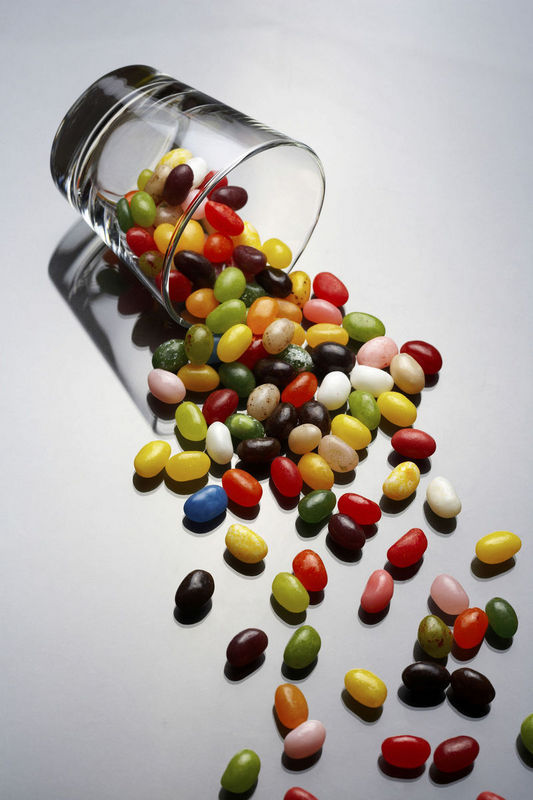
So in addition to all of the “mom” guilt and “wife” guilt and “I-skipped-church-because-I-was-legitimately-sick” guilt, I can’t even keep a simple New Year’s resolution, which only gives credence to the theory that I may be a bonafide hypocrite. My pants already know this. Every time we meet in the morning they say, “Hey, Hippo-crit!” so I stick my tongue out at them and pull up my control-top pantyhose. Because it’s fun to pretend I’m a sausage.

Adults like to ask children what they want to be when they grow up. Well, I want to be normal. Or at least I want to drive a Barbie car. I definitely want to have more courage than the cowardly lion, more discernment than a guinea pig and the ability to touch my nose with my tongue. But since none of those things is likely to happen, I can settle for NOT being the schmuck who forgot he was the editor for the Wall Street Journal(and not the National Enquirer!) this week.
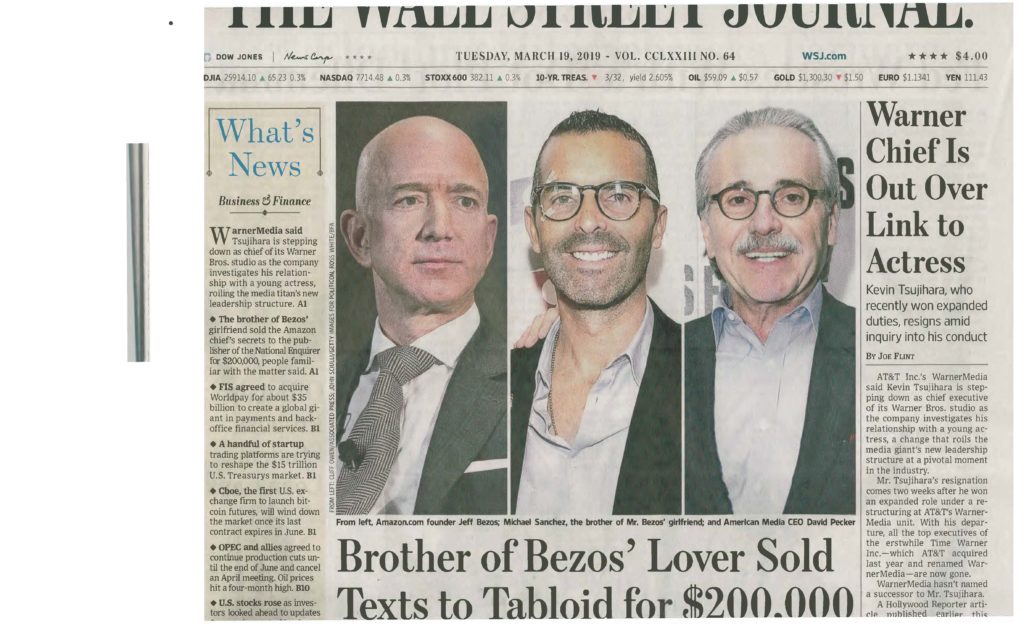
I met a woman in the office the other day that I have corresponded with but never met in person. She sized me up as she shook my hand. Then she said, “Margaret, you are not at all as I pictured you in my head. I assumed you would be old and matronly.”
Even when people can’t see me I’m weird. Seriously! It’s not easy being weird.
